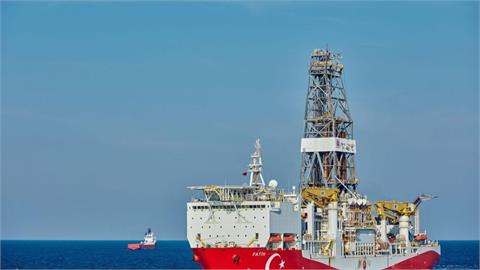Top oil exporter Saudi Arabia boosted its oil output to a record high
in July, it told the Organization of the Petroleum Exporting Countries
(Opec), in a sign key members remain focused on market share rather than
tackling a supply glut by curbing production.
The monthly report from the Opec also said output from the 14-member
group hit a new high last month, indicating excess global supply may
persist into next year.
Oil declined almost 15 per cent in July on concern about a glut of
crude and finished products that would delay a long-awaited rebalancing
of the market. The drop has prompted some Opec members to rally support
for producers to agree steps to prop up prices.
"Cheap crude has led refiners to produce more refined products
worldwide, adding to the oversupplied market," Opec said in the report.
Saudi Arabia pumped 10.67 million barrels per day (bpd) of crude in
July, according to figures it provided to Opec. That is up from 10.55
million bpd in June and above the previous record of 10.56 million bpd
achieved in June 2015.
Saudi-based industry sources said in April output would rise to meet summer power demand, not to flood the market.
Other Opec producers like Iraq and Iran are boosting supply, offsetting
the impact of militant attacks in Nigeria. Based on figures Opec
collects from secondary sources, Opec pumped 33.11 million bpd in July,
up 46,000 bpd from June.
This is the highest since at least 2008, according to a Reuters review of past Opec reports.
The report pointed to more resilient supplies from producers outside
the group, despite a more than halving of oil prices since mid-2014 that
Opec officials hoped would curb rival production and create a more
balanced market by this year.
Opec now expects non-Opec supply to drop by 790,000 bpd this year, not
as much as the 880,000 bpd decline expected last month. Supply is also
seen falling next year, but by a smaller rate of 150,000 bpd.
"The short-term outlook for non-Opec supply in 2016 is being revised up
due to the recovery in Canadian oil production following the vast
wildfire in Alberta and rising rig counts in the US for four consecutive
weeks," Opec said.
Opec's report backtracked from earlier predictions supply and demand
would rebalance in 2016, saying higher seasonal demand in coming months
would contribute to the "expected rebalancing of the market," without
saying when it would occur.
Opec expects demand for its crude in 2017 to average 33.01 million bpd,
suggesting a supply surplus of 100,000 bpd if Opec keeps output steady.
Last month's report pointed to a small deficit.
In the report, Opec made no significant change to its global demand
outlook, predicting average demand growth of 1.15 million bpd in 2017.
(Reuters)
(Reuters)



